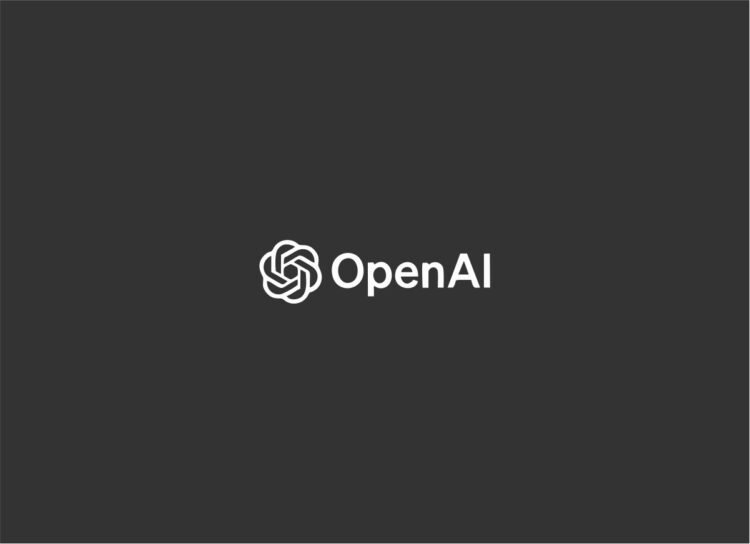Table of Contents
Understanding the New Media Landscape Amidst Legal Battles and Technological Disruption
By understanding these five key facts and incorporating AI responsibly, media CEOs can position their organizations not just to survive but to thrive in the AI-driven future of news and content.
NEW DELHI (India CSR): The digital age has reshaped how media is consumed, produced, and even challenged. With the emergence of powerful AI models, including OpenAI’s ChatGPT, the industry faces unprecedented opportunities and significant legal challenges. From lawsuits related to the misuse of copyrighted content to the ethical dilemmas of content generation, the dynamics are shifting rapidly. As AI tools are increasingly used for news aggregation and content delivery, understanding how to navigate these turbulent waters is crucial for media leaders today.
01
of 06
Fact 1: The Legal Tussle Over AI Usage of Copyrighted Content
Artificial Intelligence, particularly in the form of ChatGPT, has seen widespread adoption, but it has also faced significant scrutiny from media houses for potential misuse of copyrighted material. Recently, Indian news agency ANI filed a lawsuit against OpenAI, alleging unauthorized use of its content to train language models. This lawsuit highlights a crucial point for media CEOs—AI’s relationship with copyrighted material remains unclear and contentious.
With the Delhi High Court summoning OpenAI in response to ANI’s claims, it becomes apparent that the legal parameters defining the use of copyrighted content by AI are still evolving. CEOs must pay close attention to this case, as its outcome could reshape AI policies globally. OpenAI asserts that its models are trained on publicly available data, utilizing principles of fair use. However, the interpretation of “fair use” differs across jurisdictions, and it is essential for media companies to understand these legal nuances and evaluate how their proprietary content might be affected.
02
of 06
Fact 2: A Global Movement Towards Regulating AI Content
The lawsuit between ANI and OpenAI is not an isolated event. Globally, AI firms have been embroiled in legal conflicts over unauthorized content use. The New York Times, for instance, filed lawsuits against both OpenAI and Microsoft, accusing them of infringing upon copyrighted articles. Multiple media organizations, including the Chicago Tribune and New York Daily News, have also entered legal battles against AI companies.
The legal challenges facing AI companies underscore the importance of comprehensive intellectual property policies within media organizations. Media CEOs must consider negotiating licensing agreements or exploring strategic partnerships with AI developers to safeguard their content while leveraging AI’s capabilities for content distribution and engagement. Failure to establish proactive measures may lead to a significant loss of content ownership and potential revenue streams.
03
of 06
Fact 3: Ethical Concerns Around Content Generation and Attribution
AI’s potential to generate content efficiently and at scale has captivated the media industry, but ethical concerns also abound. One of ANI’s accusations against OpenAI revolves around ChatGPT generating fabricated news and attributing it to ANI, damaging the agency’s credibility. This has led to broader debates about AI’s role in content creation—can AI truly replicate the journalistic integrity and fact-checking processes essential for responsible news reporting?
Media CEOs must address ethical considerations related to AI-generated content. Responsible journalism relies heavily on accuracy, context, and credibility—qualities that AI systems, as of now, often fail to fully understand or prioritize. In this context, media leaders need to develop stringent guidelines for using AI-generated content and ensure that adequate oversight is maintained to prevent reputational damage. Collaboration between legal teams, editorial staff, and AI developers will be crucial in defining standards for using AI responsibly.
04
of 06
Fact 4: Opportunities in AI-Enhanced Audience Engagement
While legal and ethical challenges exist, there are also compelling opportunities for using AI in the media space. OpenAI, in response to ANI’s lawsuit, emphasized its commitment to working with news organizations and supporting deeper engagement with audiences. AI tools can be used for personalized news delivery, improving audience engagement, and increasing user retention through predictive content recommendations.
For media CEOs, the challenge lies in striking the right balance between utilizing AI for enhanced user experiences and ensuring compliance with legal standards. Adopting AI technology strategically, such as using it for content curation or audience analysis, can lead to substantial growth in user engagement metrics. As a best practice, executives should maintain transparency with their audiences about how AI is being used—whether for curating news, generating summaries, or personalizing recommendations—to build trust and establish ethical credibility.
05
of 06
Fact 5: The Financial and Strategic Impact of AI Lawsuits
The ongoing lawsuits involving AI firms and media houses could potentially change the financial landscape for AI usage. If courts decide that training on copyrighted material without permission constitutes infringement, AI developers might be required to obtain licenses, leading to a financial burden, especially for startups in the AI domain. This could slow down the adoption of AI technologies or make it more exclusive to larger corporations that can afford the licensing fees.
For media CEOs, the financial implications of such legal outcomes are significant. Licensing agreements might open new revenue streams, but they will also require careful negotiation to ensure that media companies receive fair compensation without being overburdened by compliance costs. CEOs should explore the possibility of collective bargaining among media organizations to establish a unified position in negotiations with AI firms, thereby ensuring that content creators receive their due share without excessive fragmentation in the industry.
06
of 06
You Learn: Preparing for an AI-Driven Future in Media
The intersection of artificial intelligence and media presents both opportunities and challenges, and navigating this landscape effectively requires foresight and adaptability. For media CEOs, understanding the ongoing legal developments, ethical considerations, financial impacts, and strategic advantages of AI is not just beneficial—it’s essential.
The lawsuit between ANI and OpenAI symbolizes a broader debate regarding the ownership and usage of content in the age of generative AI. As the boundaries of “fair use” continue to be tested, media leaders must be proactive in protecting their content and capitalizing on emerging technologies. At the same time, ethical practices must be at the core of any AI strategy, ensuring that the industry’s standards of integrity and credibility are maintained.
(India CSR)






















